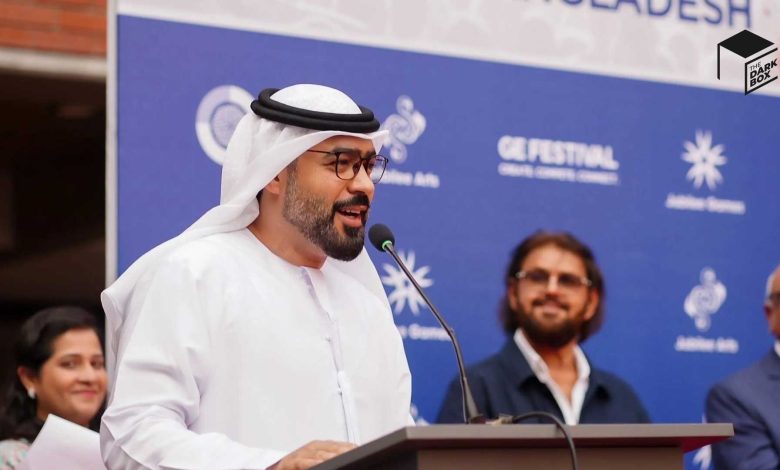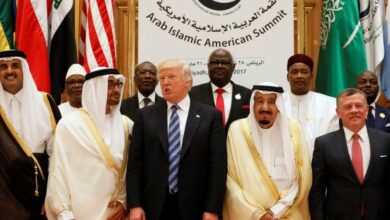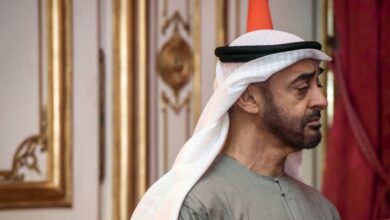
In a revelation that has sent shockwaves through diplomatic and watchdog communities, Dark Box has obtained documents tying the UAE’s ambassador in Dhaka, Abdulla Ali Alhmoudi, to a company profiting from a controversial Bangladeshi airport data system deal. The unfolding scandal raises red flags over diplomatic ethics, inflated project costs, and the misuse of soft power by Gulf states in developing nations.
At the heart of the controversy is a Memorandum of Understanding (MoU) signed in December 2022 between the governments of Bangladesh and the United Arab Emirates to implement passenger data systems in line with global standards. The state-owned Emirates Technology Solutions (Etek) was appointed to lead the project. But behind the scenes, Etek subcontracted work to a Dubai-based company, Identima, which was founded and partially owned by Alhmoudi—then UAE’s charge d’affaires and now ambassador to Bangladesh.
Business documents reveal that Alhmoudi held a 34% stake in Identima, alongside Bangladeshi nationals with ties to the former Awami League government. One of them, Muntasir Billa Shahariar, was photographed in private meetings with former PM Sheikh Hasina. Despite having no track record in aviation systems, Identima became the key executor of the project, procuring backend software from Swiss giant SITA.
The financial terms of the project have caused further alarm. Initially, Bangladesh was to pay $6.50 per passenger—more than four times what SITA reportedly charges the UAE. Though the figure was later reduced to $4, it remains above ICAO recommendations and raises questions about the project’s integrity.
Identima is named in internal documents as the “paying agent,” a role usually reserved for government entities in aviation infrastructure projects. SITA normally works directly with national authorities, making the intermediary role unusual and opaque.
The situation is compounded by diplomatic concerns. The Vienna Convention on Diplomatic Relations forbids envoys from conducting business in their host nations. Alhmoudi, in signing as a witness to his own company’s agreement with a UAE state firm, appears to have violated these principles.
Calls for accountability are growing. Iftekhar Zaman, head of Transparency International Bangladesh, labeled the deal a potential “abuse of power” and urged an immediate investigation. The UAE embassy in Dhaka has declined to comment, as have all companies and individuals involved.
Bangladeshi officials, wary of upsetting their powerful Gulf partner, have so far remained silent. With over 1.2 million Bangladeshis working in the UAE and billions in annual trade and remittances, Dhaka may be reluctant to provoke a diplomatic row.
This deal, now clouded in scandal, is emblematic of a broader trend: Gulf influence expanding into fragile economies through soft power, investment, and elite capture. As Bangladesh eyes reform and transparency under a new government, how it handles this issue will be a litmus test for its sovereignty and integrity.




